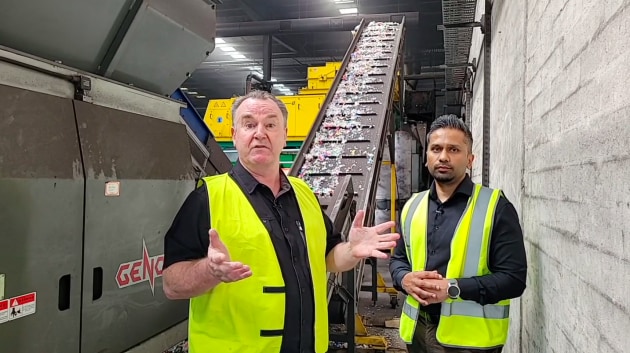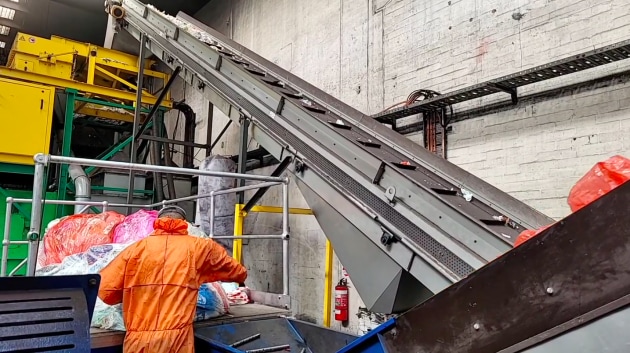Close the Loop, a division of the newly listed Close the Loop Group, has given Australian Institute of Packaging (AIP) members a rare insight into its operations, showing how world-class product stewardship programs track hard to recycle products at end of life – from collection, data capture, sorting, recycling and recovery.
Attendees saw how products that go through the facility get recovered and reused as a like product, or recovered for parts and/or recycling of raw materials. These products include toner cartridges and bottles, cosmetics, electronics like power tools, and soft plastics from the REDcycle program.
“Every day we get deliveries in from Australia Post and other transport companies coming from all around Australia, and we have thousands of collection sites all around the country,” said Steve Morriss, founder of Close the Loop.
“And over the years, we’ve developed and refined processes for extracting the maximum value out of these materials and keep waste out of landfill.”
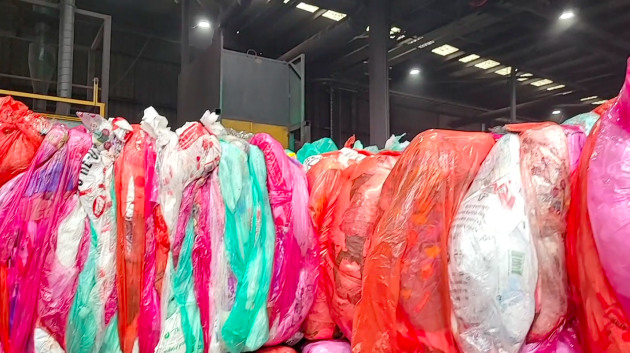
Close the Loop services over 60,000 Australian businesses with its recycling and sustainability initiatives, and has been operating for 21 years with an audited zero waste to landfill brand promise.
Finished products manufactured at the Close the Loop facility from these collected materials include TonerPlas, a high-performance asphalt additive; and rFlex, a new grade of plastic for injection moulding made from 100 per cent post-consumer recycled plastic waste.
“We get soft plastics from the REDcycle program and we get toner from the cartridges program, and we combine that together to create our product Tonerplas,” explained Kesh Nair, general manager at Close the Loop.
“So far, we’ve laid over 760 kilometres of Tonerplas in Australia, and we are also the largest user of the REDcycle collected soft plastics, as well as the largest user of waste toner cartridges in Australia.”
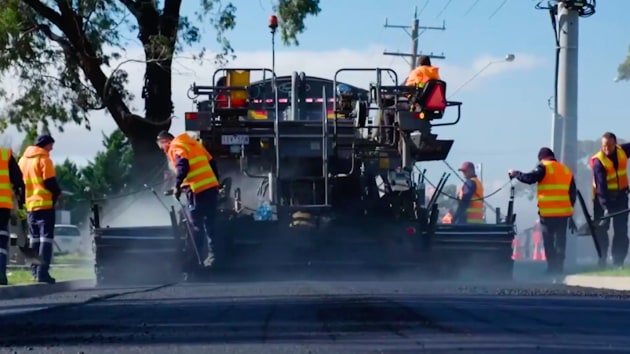
The company said that with Tonerplas, every kilometre of road being laid down would repurpose approximately 530,000 recycled plastic bags, 12,300 used printer cartridges, and 168,000 recycled glass bottles.
“The volumes that we usually do in the facility is around seven tonnes a day, which includes about three and a half tonnes of the REDcycle material every single day, and at the moment we are operating six days a week, 24 hours a day, which really speaks to the demand of this Tonerplas product,” added Morriss.
An absolutely critical part of its process and for the consistency of Tonerplas, as highlighted through the virtual tour by technical manager David Hitzler, has to do with the separation of any unwanted materials from the soft plastics mixture.
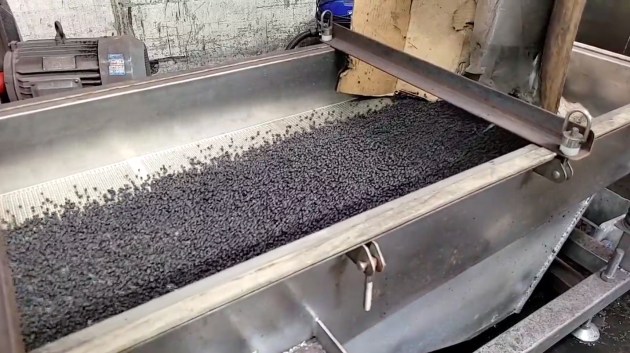
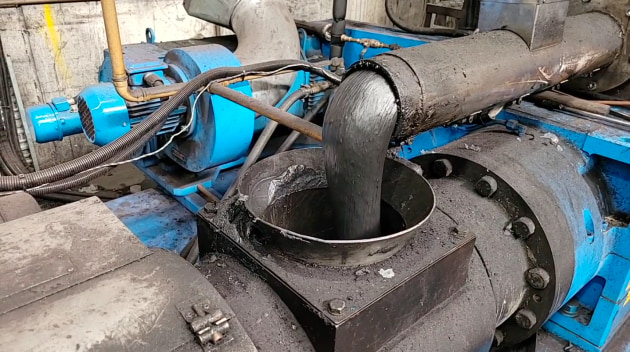
“We tend to get all sorts of things in that mixture like batteries and bottles, amongst other things, so our process can actually cleanse the post-consumer mixed soft plastics from that material, and is then prepared in a form that can be melted and homogenised in the rest of the process,” explained Hitzler.
Morriss said he believes that for over 20 years now, the values and the goals of the company have been reflected in its name and that Close the Loop aims to continue to bring about the circular economy in this country through its innovative products offering a second life to PCR materials.
“Closing the loop meant to us reusing raw materials over and over again, and this is one of the fundamental pillars of circularity, with pillar number one being design,” Morriss stated.
“It is key to design products and materials with the end of life in mind, designing them for reuse, designing whole systems, designing business models that are more sustainable, then to keep those materials in circulation for as long as possible.
“All of us share this vision, which we call internally ‘the holy grail’, and has to do with taking soft plastic at the end of life and to give it a second life by putting it back into new packaging.
“But at the end of the day, collaboration is key to a circular economy. No one business can create a circular supply chain on their own. And we stand ready to collaborate with all.”
